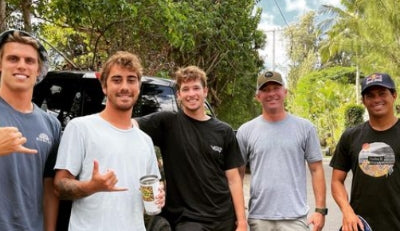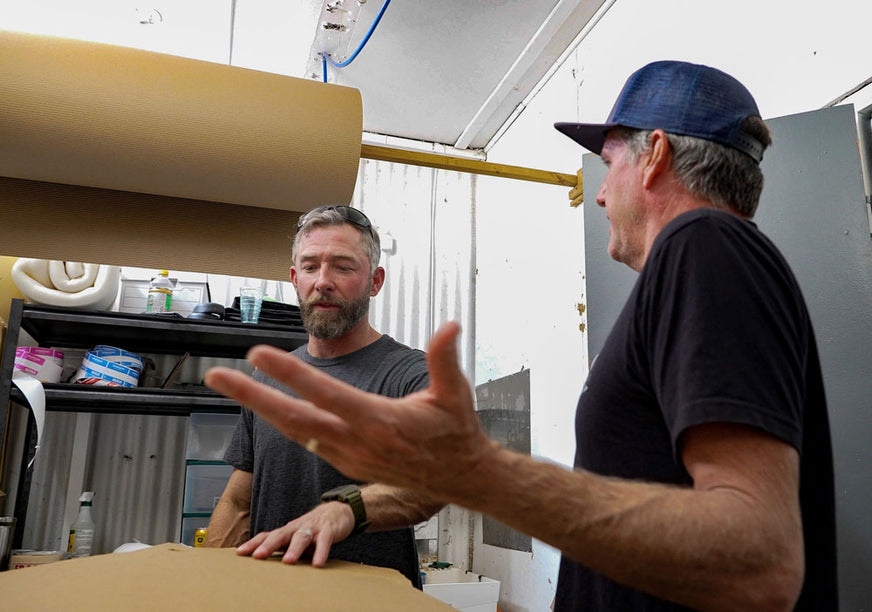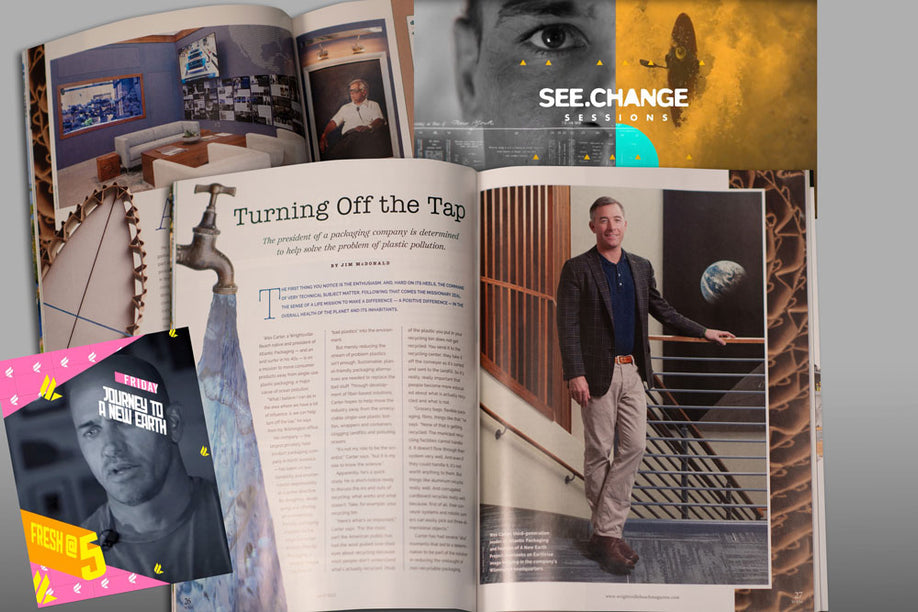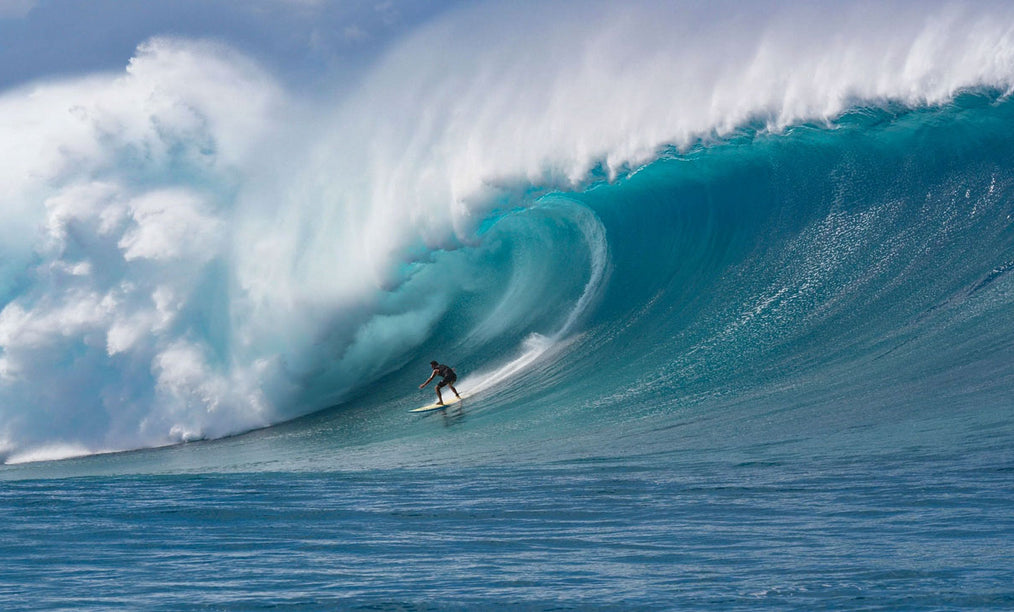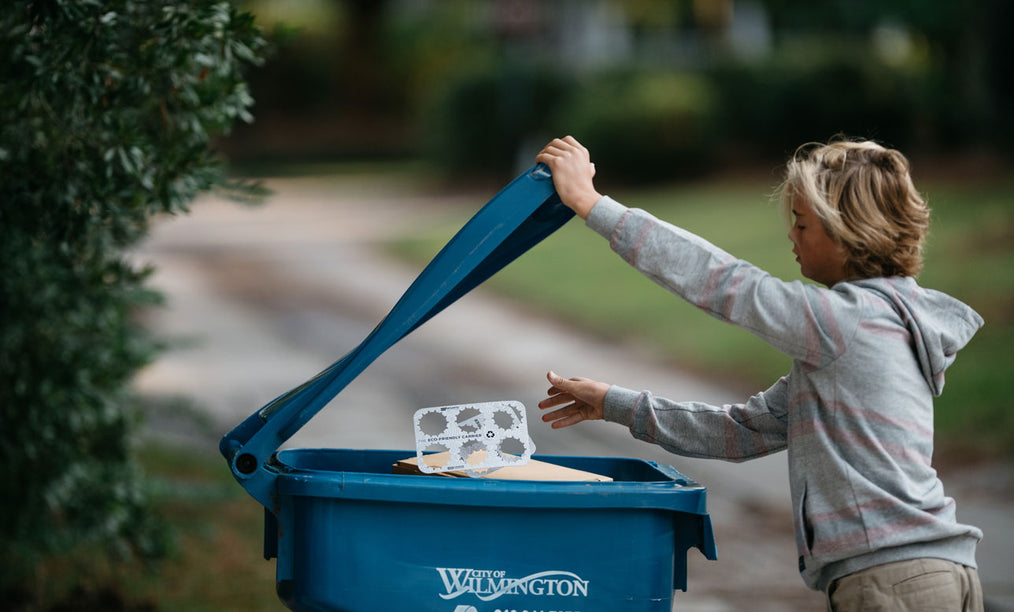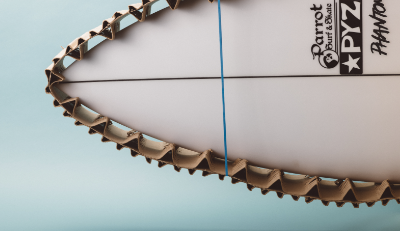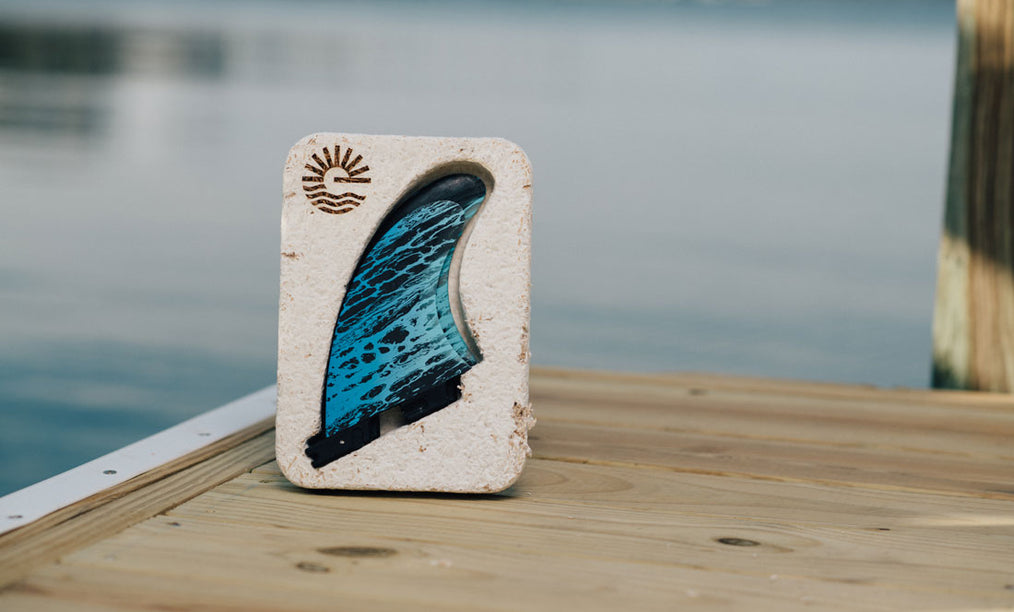Q&A with Wes Carter, President of Atlantic Packaging and co-founder of A New Earth Project.
Let's start by providing us some context about what Atlantic Packaging does. If I'm not mistaken it’s the biggest privately held packaging company in the U.S.A.? But there's a lot more than packaging going on. Just what is it you all do?
Wes: Well first, yes, we're actually the largest privately held packaging company in North America. But what does that entail? Well, added all up, our expertise spans packaging materials and equipment, optimization consulting, automation, and everything there is to do with packaging efficiency. We also have a significant value-added component to our business where we convert paperboard and corrugated. We also have a sophisticated printing and graphic divisions. Our biggest driver of business is utilizing our expertise to find and develop the most sustainable packaging solutions for our customers. That's powered by our Packaging Solution Center in Charlotte, NC where we do sophisticated packaging testing and development. We have built our business on long-term partnerships with the premier manufactures of packaging in the industry today, and those partnerships are fundamental to our value proposition.
So what is the motivation for launching A New Earth Project?
It actually grew out of our initial desire to create awareness of our sustainable products, but when we realized we have the ability to leverage our efforts and expertise to bring others along with us, the idea grew into creating a movement. If we can help educate, encourage, and guide others in the same direction, regardless of whether they’re a customer of ours or not, that's still a huge win. We keep hearing the same thing from brands, consumers, and various players in between: they're all looking for ways to close the loop on packaging and keep our planet clean. Because we operate across the breadth of the supply chain with a wide variety of customers, we're uniquely positioned to guide and facilitate organizations in the right direction.
Atlantic Packaging works with a lot of different industries. What are the biggest obstacles to getting them all to transition completely out of non-sustainable packaging like single-use plastic? Is that even possible?
It's complex and it's built on really understanding the demands of each industry vertical and the products they produce. As an example, food packaging has critical requirements for food safety. In those application it is still very tough to replace plastic packaging, but fortunately for us, we optimize to reduce the amount of packaging with technology and then work to create closed loops. We can calculate to the pound how much plastic we've reduced from the waste stream in the last year thanks to our team's sustainability efforts – and we're talking about tens of millions of tons. In other areas of the supply chain, like E-commerce, transitioning to fiber-based alternatives is very achievable.
For the visual people out there, what does that look like? Can you paint a picture for me?
Good question. A bale of plastic is just shy of 6-feet across and weighs less than half a ton. Last year we reduced plastic packaging for our customers by roughly 30 million pounds, so 15-million bales. I'm guessing if you did a conservative back-of-the-envelope calculation it would take at least 15 stadiums to store that many bales. Depends on which stadium, I guess. Let's follow up on that one though. It's helpful for visual people.
How significant is that number to the greater opportunity?
Well, if you were to try to remove all of that from the environment after the fact, it's massively significant. We’re talking millions of beach cleanups. On the other hand, it's just a start when compared to the total opportunity. I do believe it is very feasible to transition virtually all of e-commerce shipments to be single-use plastic free in under 5 years. That would be major.
I've heard you say the consumer waste section is the low-hanging fruit. Tell me why?
When you look at how much of the waste stream is comprised of consumer packaging, even small wins translate into massive numbers of plastic waste reduction. The stuff that shows up on your porch every day is low-hanging fruit. It's an easy area clean-up. Way too much isn't curbside recyclable, and it should be. We know we're just getting started, and the reason we know is we're fortunate enough to be helping some of the largest consumer brands in the world find more sustainable solutions. We've spent years, even decades, nurturing these relationships. The nice thing is they all get it. They all want to do their part. Packaging has become a brand attribute and companies are waking up to the fact that packaging shows consumers your ethics as a company.
To be clear, though, A New Earth Project is a “for profit” venture. There’s no “.org” associated with this. What’s the thinking there?
Atlantic Packaging is an integral part of the supply chain, and our perspective is the solutions for the issue of plastic pollution must come from that supply chain that created them, even if it was unintentional. We greatly value the non-profits like 5 Gyers and the Ocean Cleanup and gain a lot of valuable information from the science they provide, but we believe our role is to actually facilitate the shift. As a non-profit, an organization can inform and advocate, and we need that. But our role is to facilitate, and we do that by developing and selling sustainable solutions. The solutions must come from the for-profit companies creating these products and packaging. We also understand that, Atlantic, as privately held business has greater flexibility than many public companies with fiduciary responsively. We have the ability to make longer-term investments and be a real catalyst for this change. We know this is the direction our business and this hopefully the whole packaging industry are headed, and we want to lead the way. It's also a passion. Leading and collaborating to create these solutions is the legacy we want Atlantic to leave for future generations.
So, the New Earth Approved product line is 100% curbside recyclable. How do you plan to expand this?
To me, this is all about an intentional direction, not about a destination. As technology advances and more sustainable solutions come to the market, we will evaluate and embrace the good ones. At Atlantic, we are actively creating new solutions right now. We will also rely on other areas of the supply chain like recycling and waste collection to drive the product line, as well. Again, it's about all of us. Atlantic can't do this alone, no one can. But together with a committed intention for a clean planet, I believe we can solve these problems, save the planet, and save ourselves.
